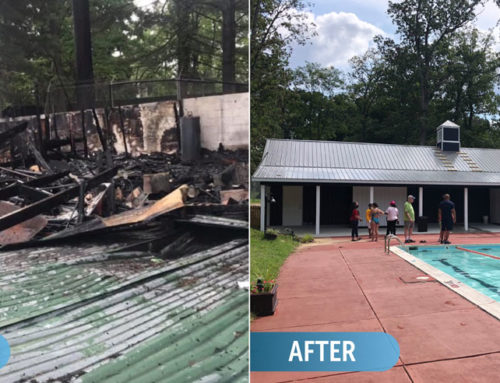Recreational water illnesses are a serious matter for pool management services. According to the U.S. Centers for Disease Control and Prevention, instances of RWI outbreaks have increased in the past two decades.
This year, the Recreational Water Illness and Injury Prevention Week will take place from May 19 to May 25. This is the 10th year that this event is taking place, and it’s the perfect opportunity for pool managers to speak to all pool staff members about the importance of avoiding RWIs and maintaining water quality logs.
Track the details
There are many aspects of pool operation that call for constant monitoring, from knowing when to change the filters, to replacing VGB-compliant drain covers and much more. Needless to say, there are many numbers and logs involved, and while all of them are important, the water quality log is especially critical to ensuring swimmer safety.
Because of the many numbers and dates that pool employees have to keep track of on a daily basis, it can be easy to overlook a log. Therefore, pool managers should stress the importance of water quality logs and mention two of the reasons why these should never be missed.
1. Ease maintenance work: Assessing the chemicals in a pool and coming up with the right mixture to properly balance out the levels is a fine art that takes training and certification. Additionally, it’s a dangerous task that requires safety gear. Only certified maintenance specialists are allowed to administer chemical treatments. Water quality can be tricky – it’s impacted by the environment, such as fallen leaves or dirt, and swimmers, who introduce other contaminants such as oil and lotions. Therefore, keeping a detailed log can allow maintenance technicians to pinpoint any serious fluctuations in chemical levels.
2. Have a resource for incidents: If a situation arises where a guest falls ill and suspects that it’s from an RWI, you can figure out whether it came from your facility by seeing what time he or she visited the pool and whether there were any changes that would’ve resulted in RWIs. Additionally, these reports from swimmers should be noted in the water quality log. If a number of them appear in a small time frame, there may be a problem that maintenance technicians need to look into.
You can also expand your awareness efforts by speaking to the community about RWIs and the importance of showering before entering the pool.






